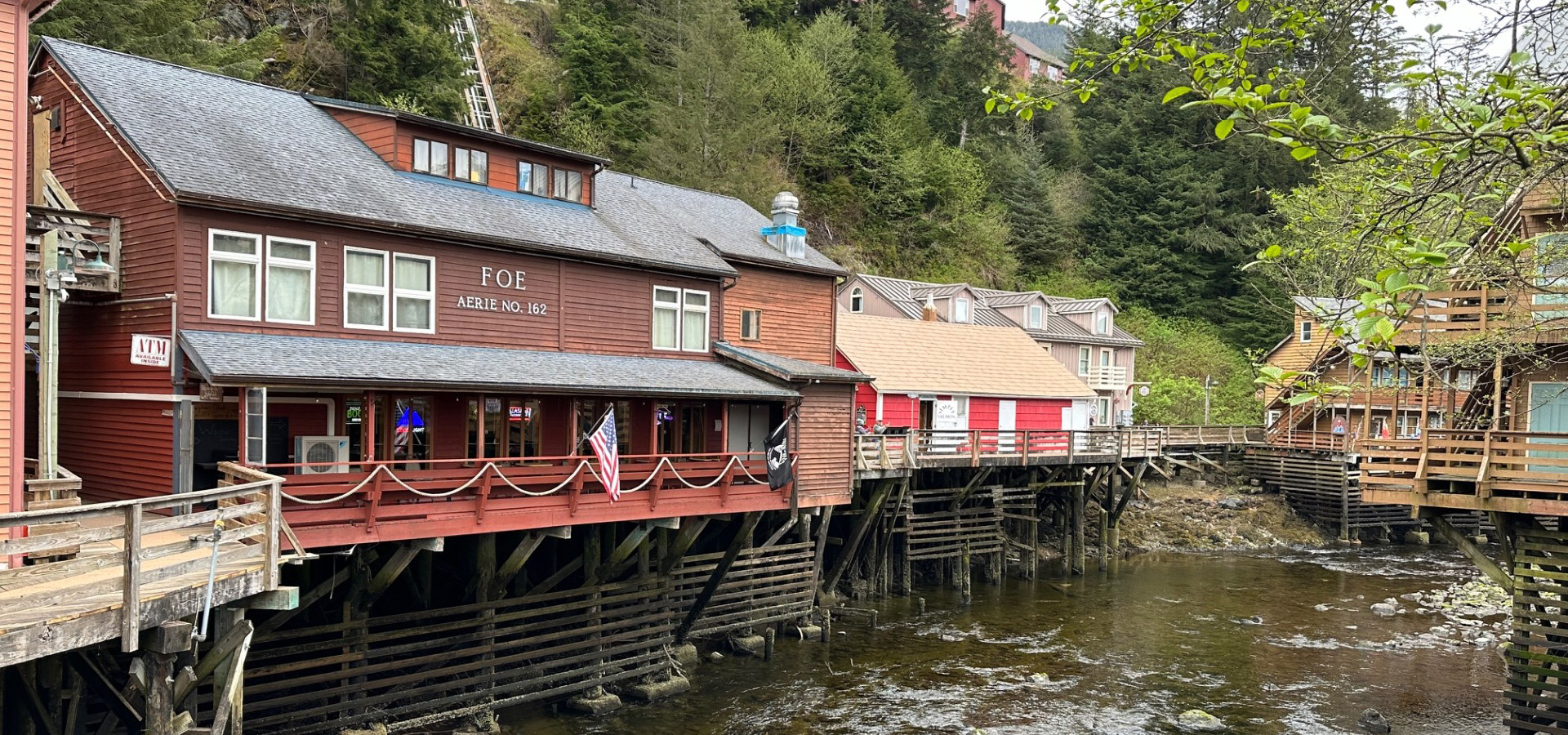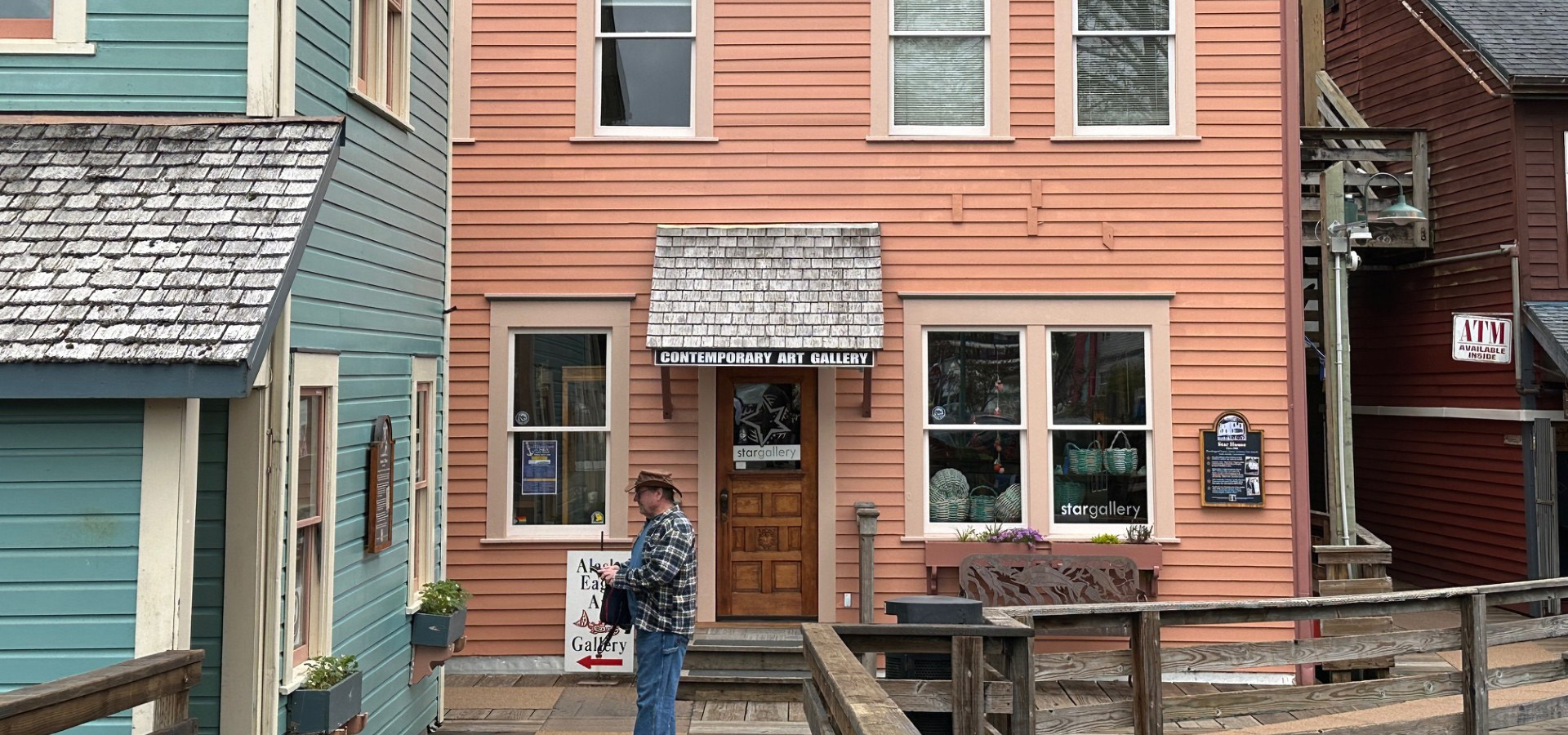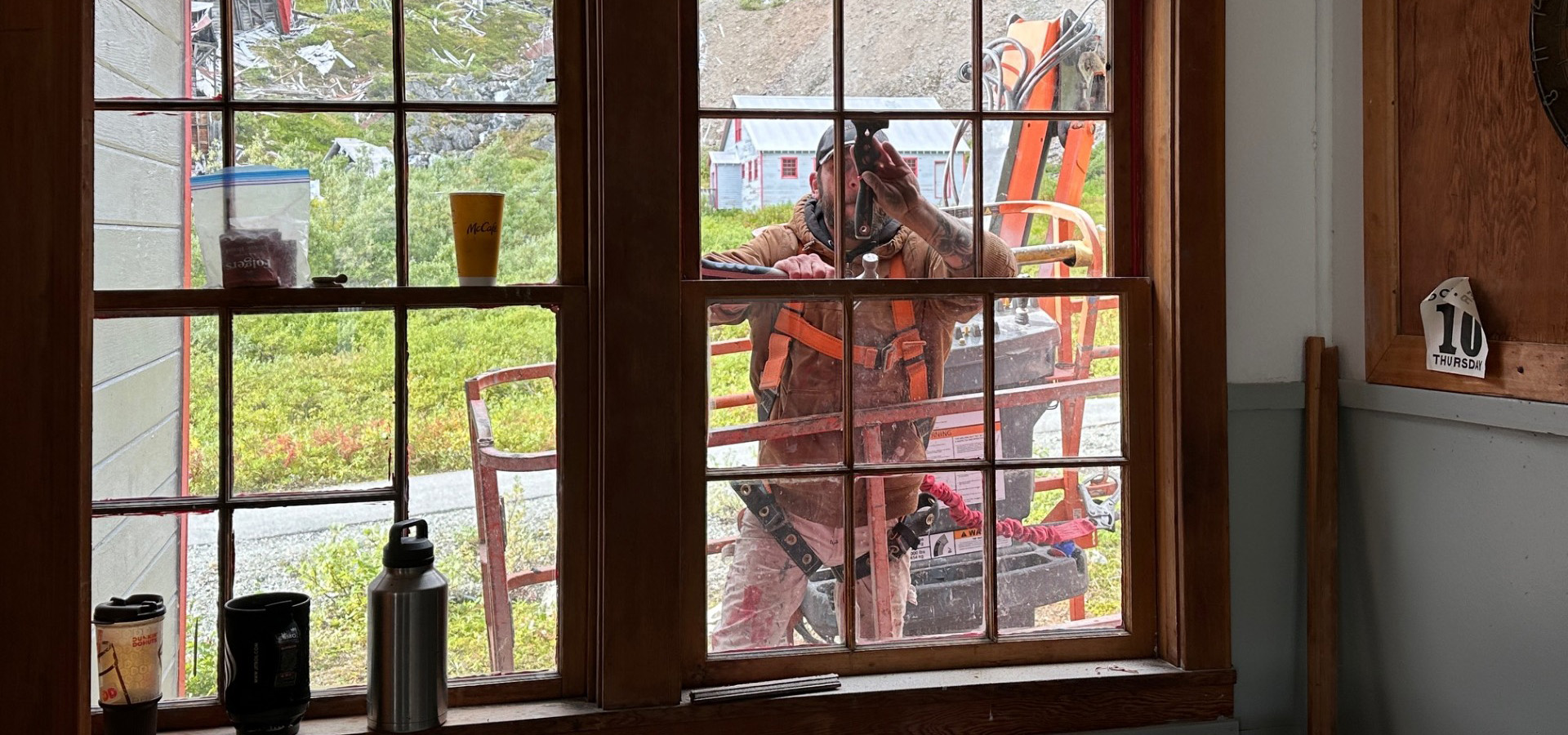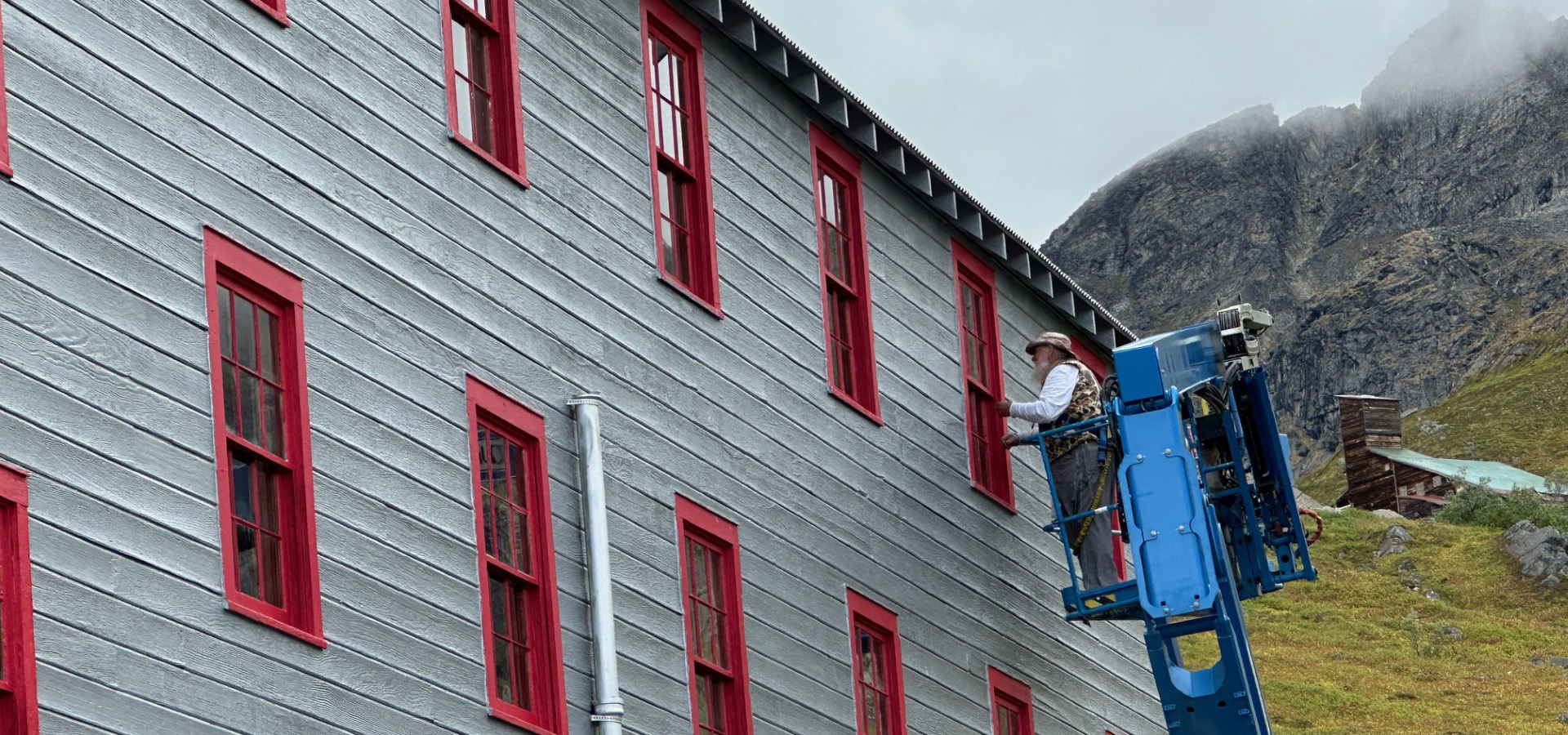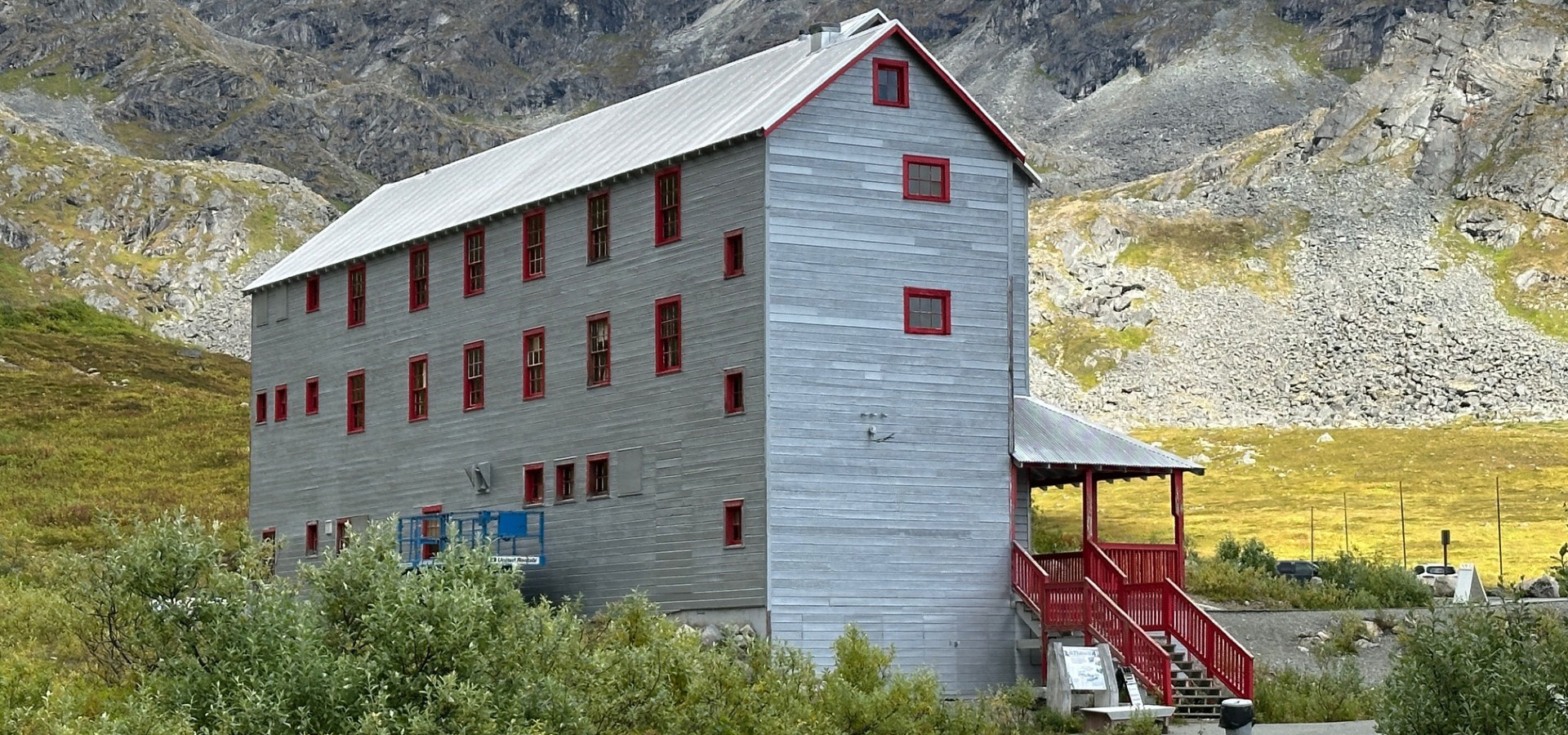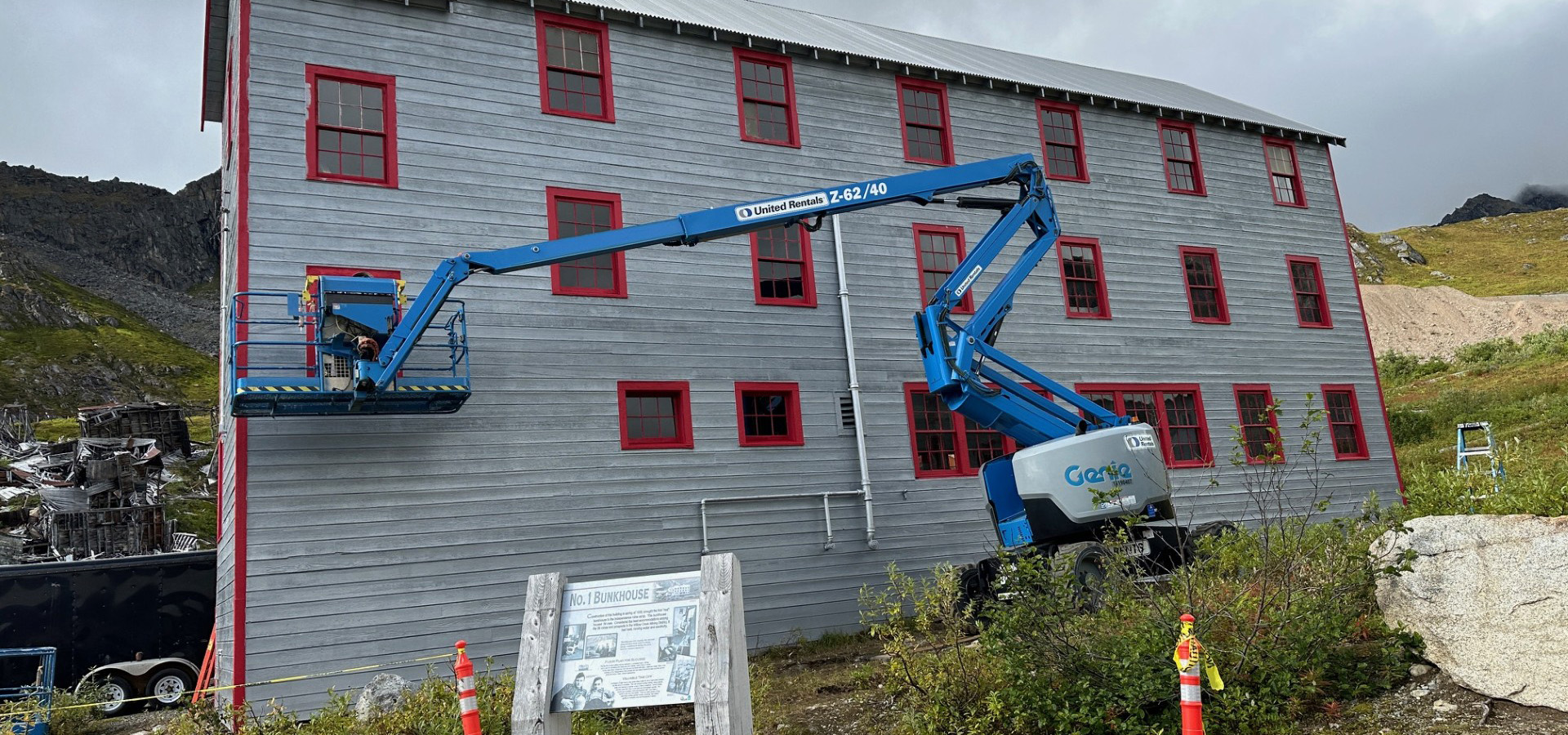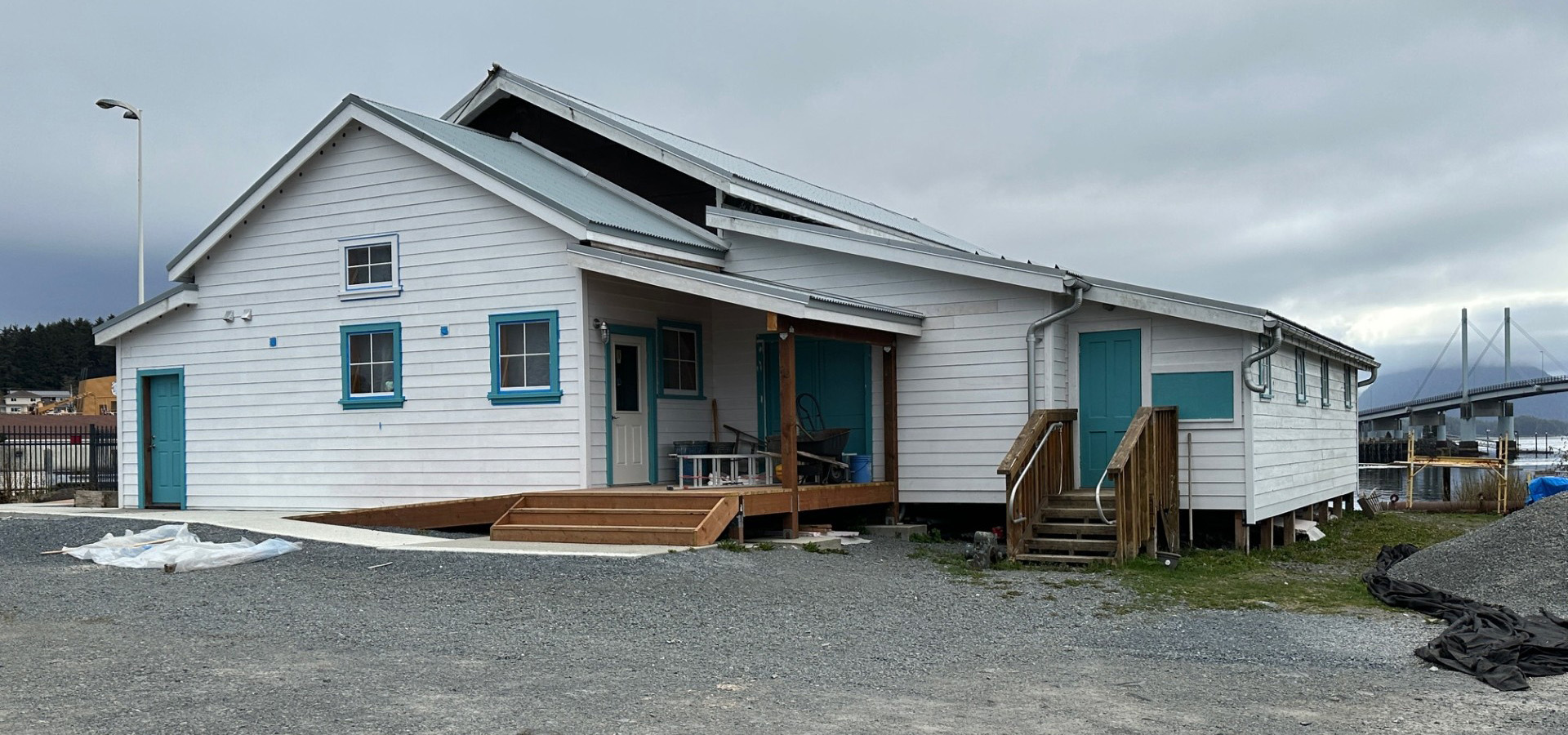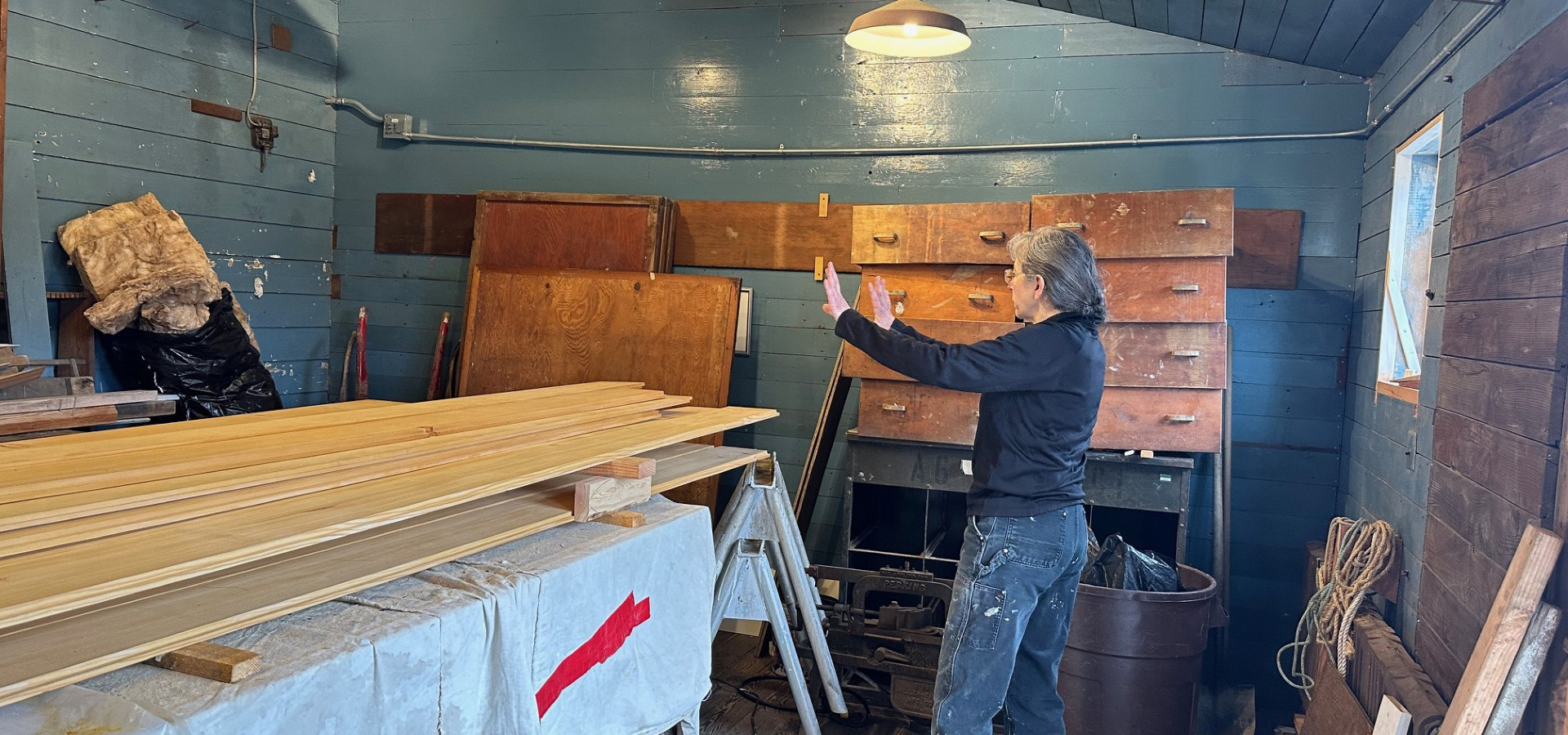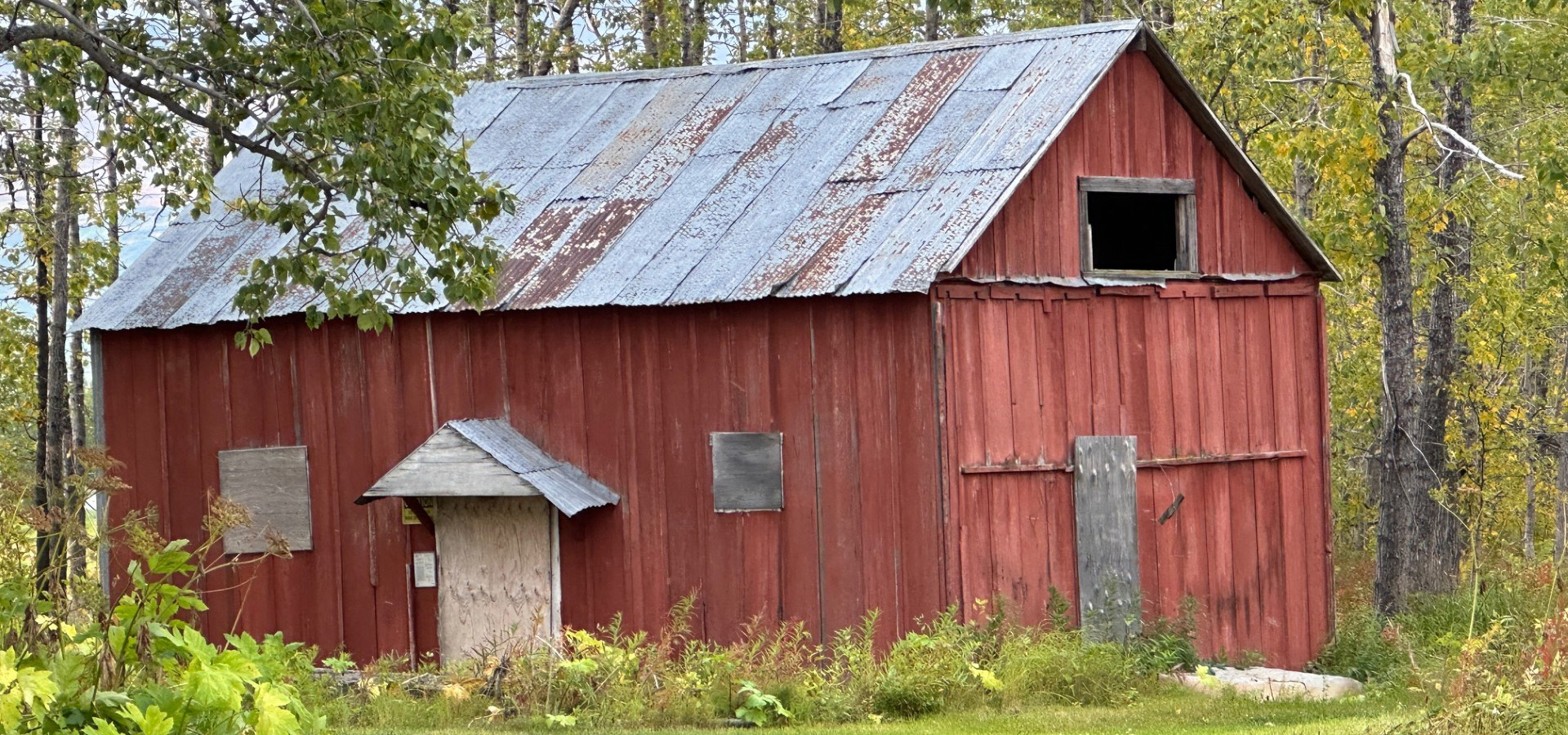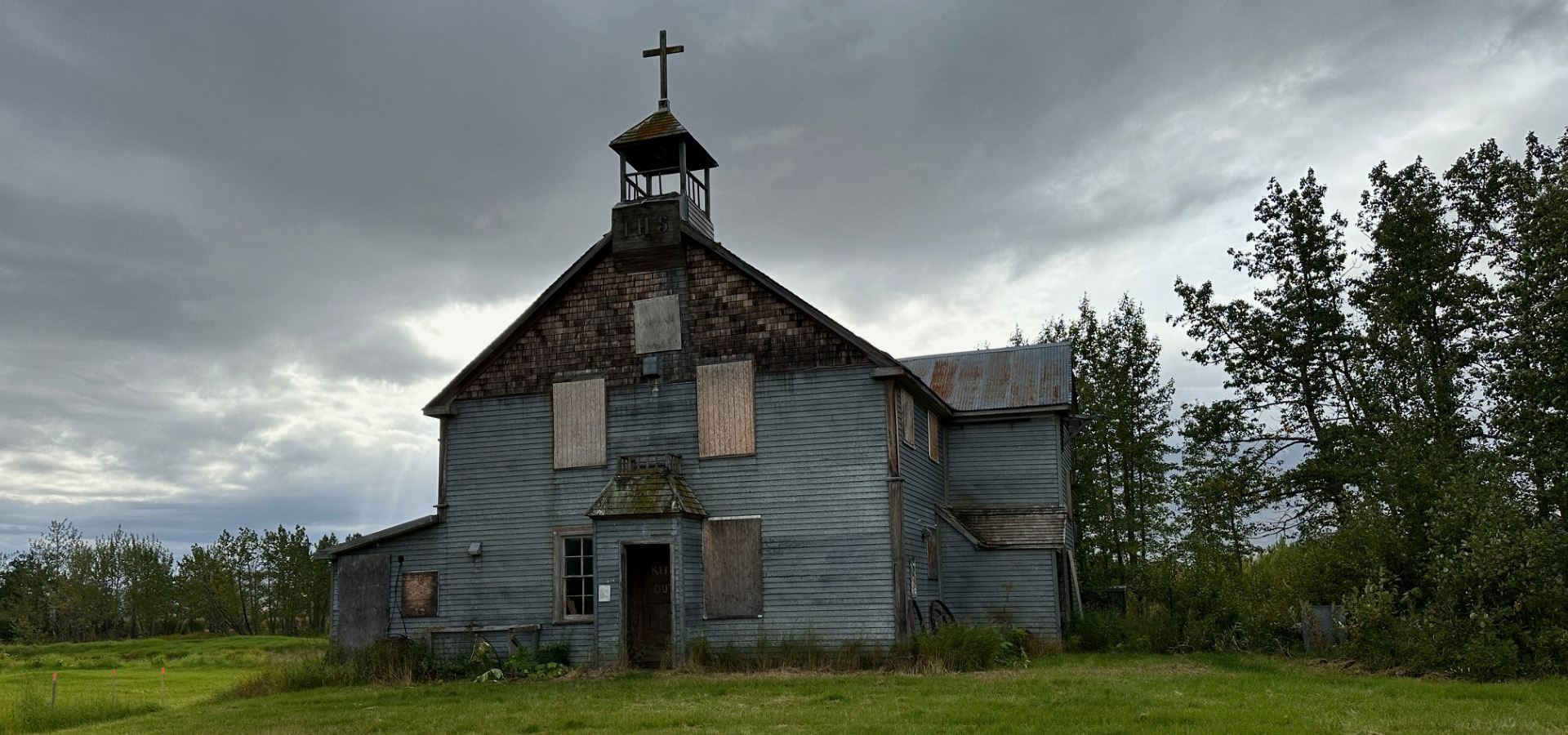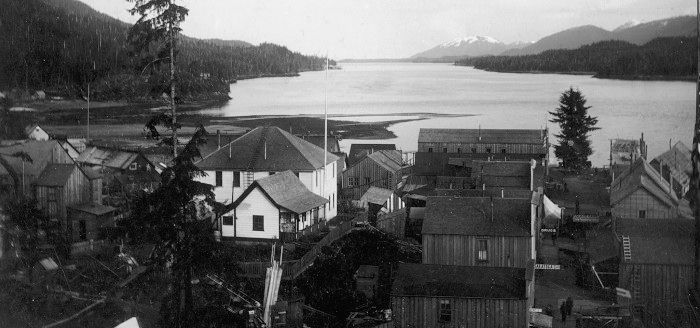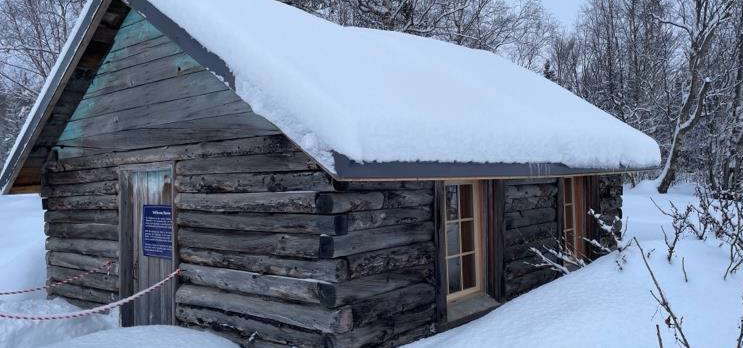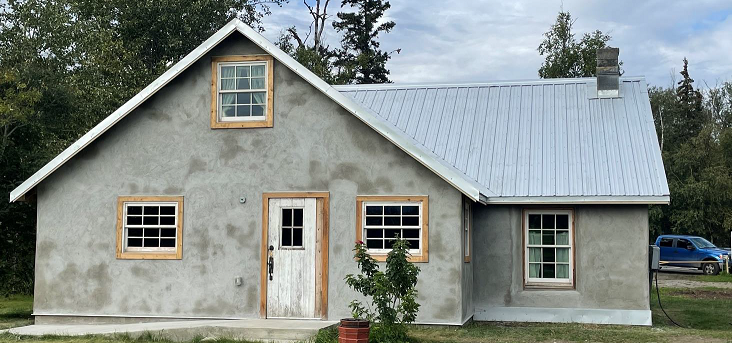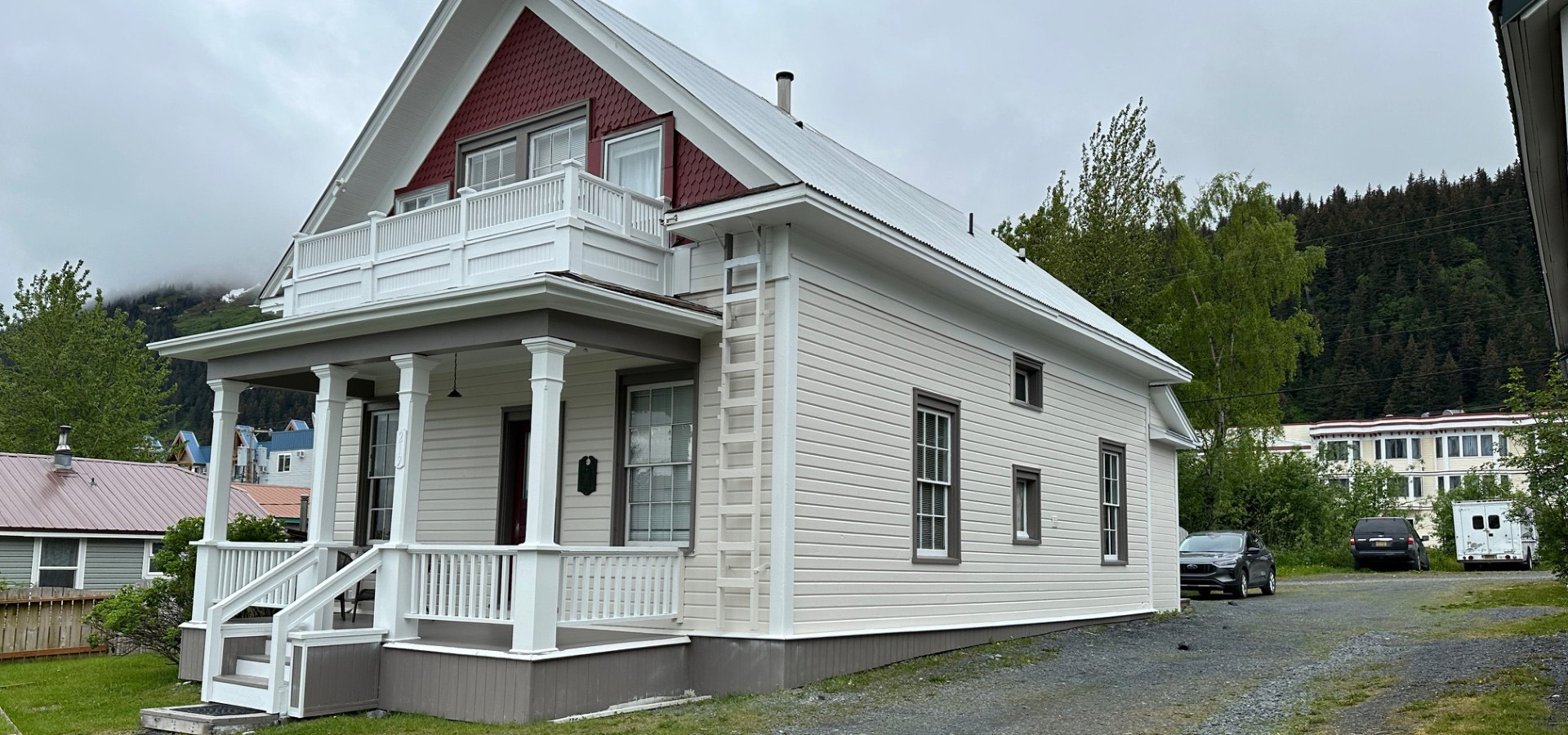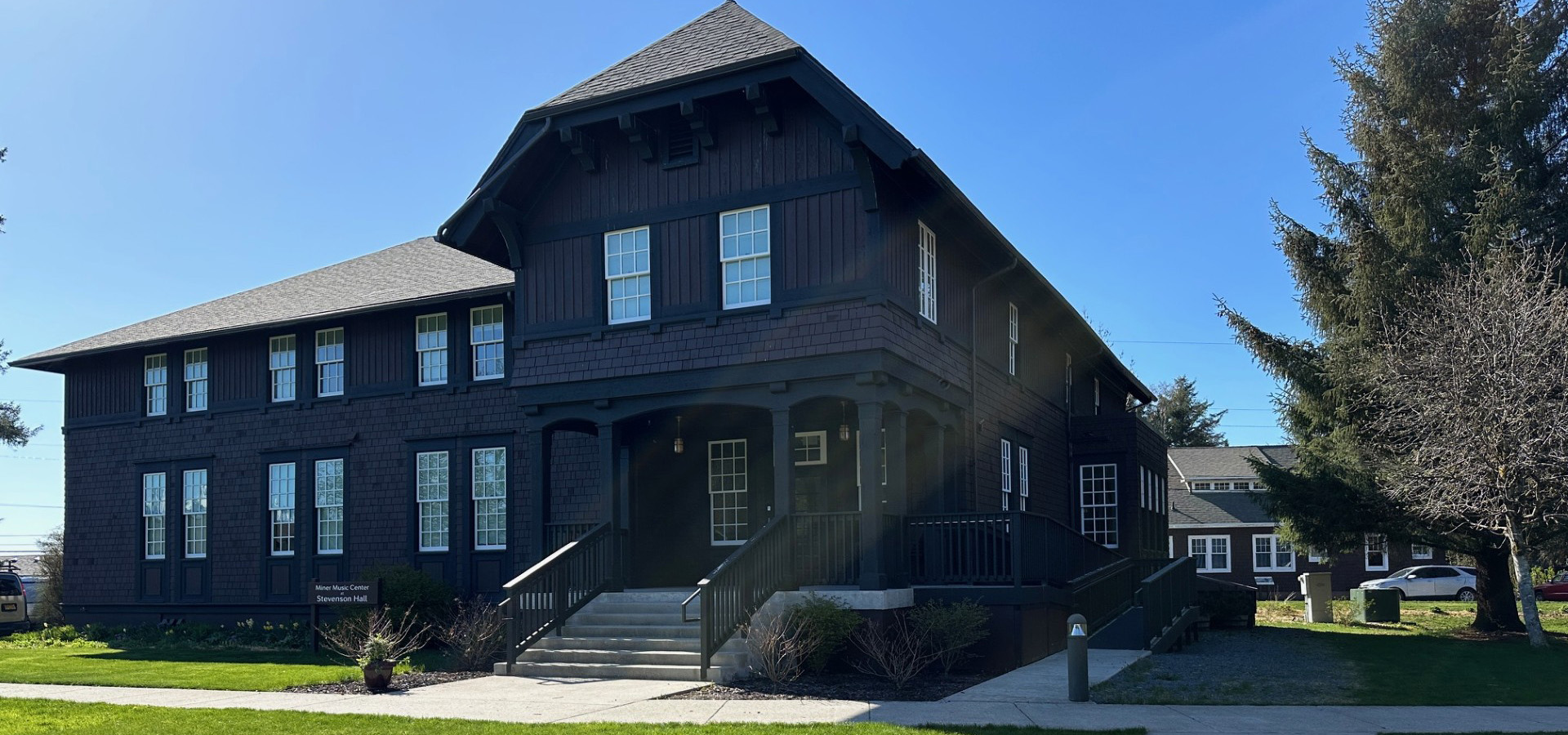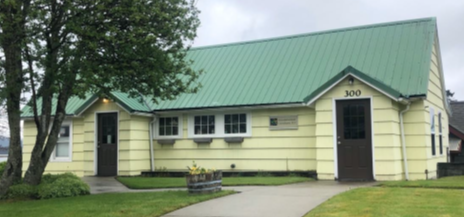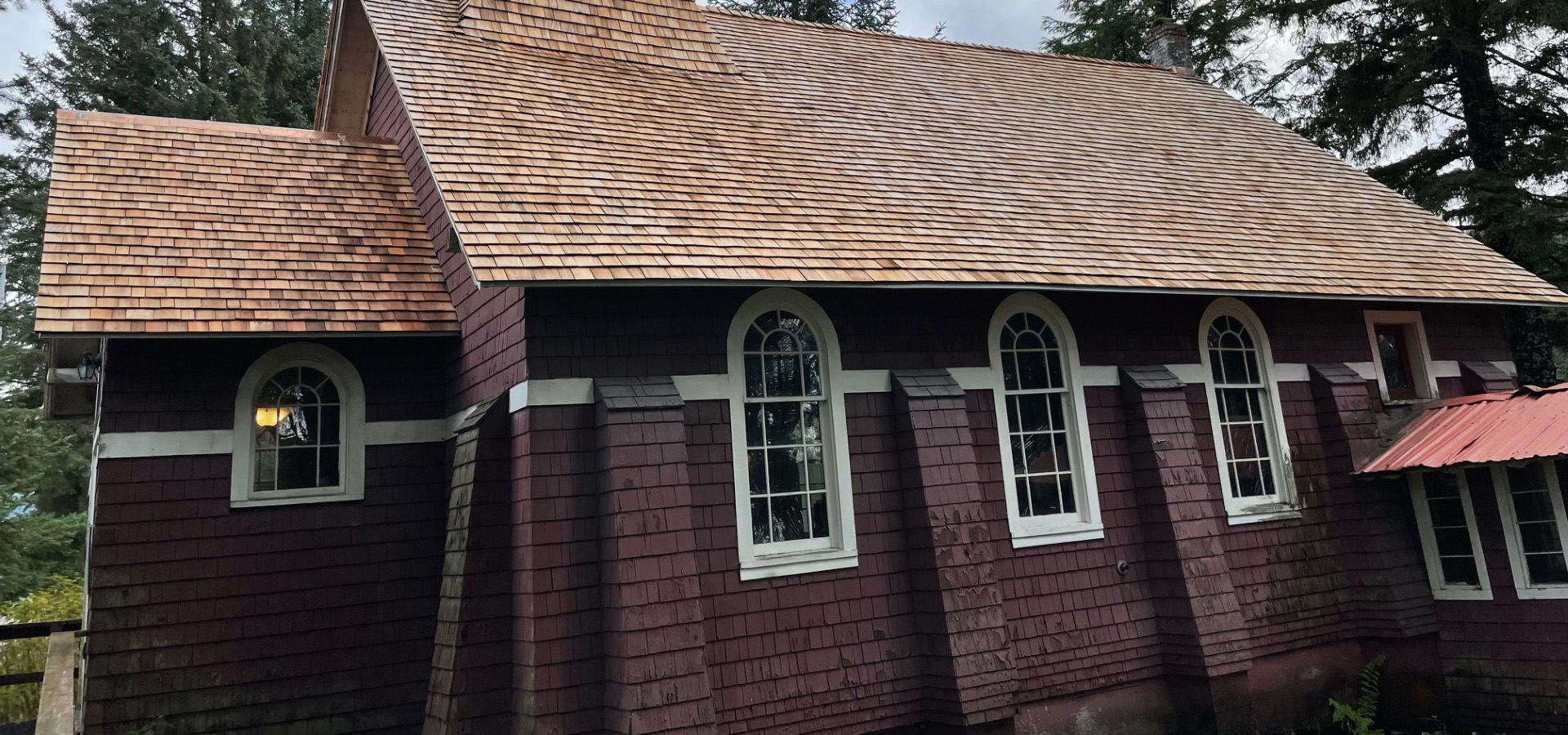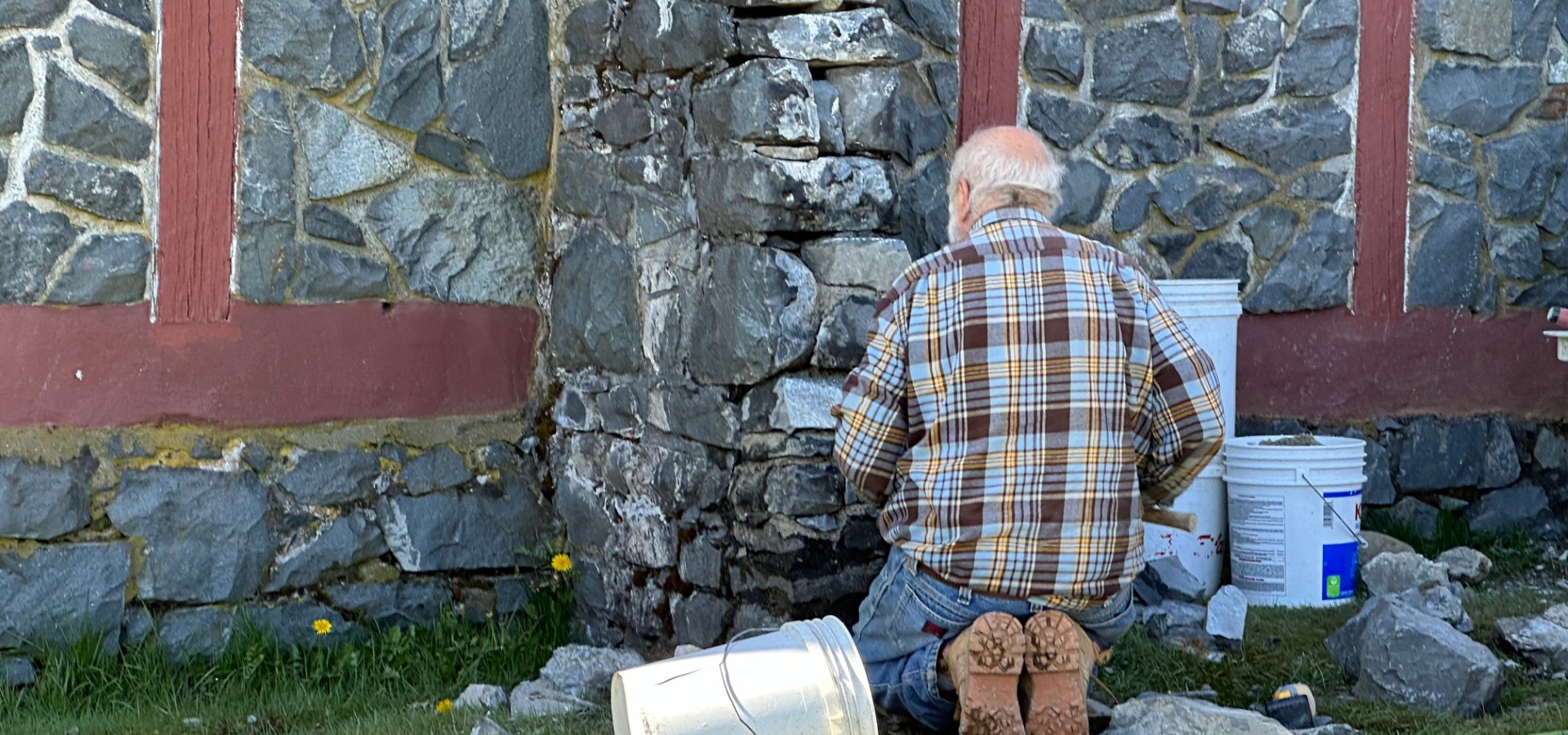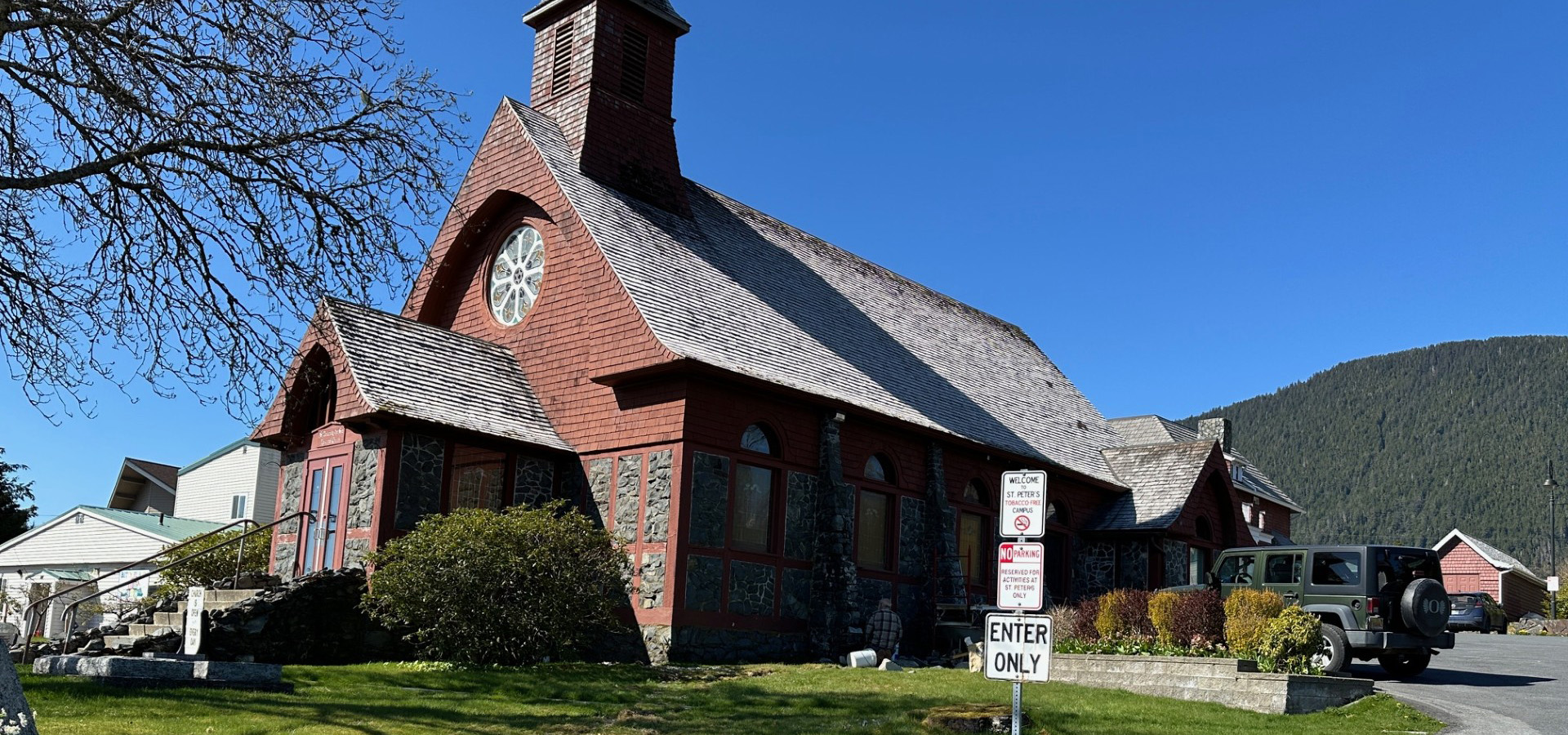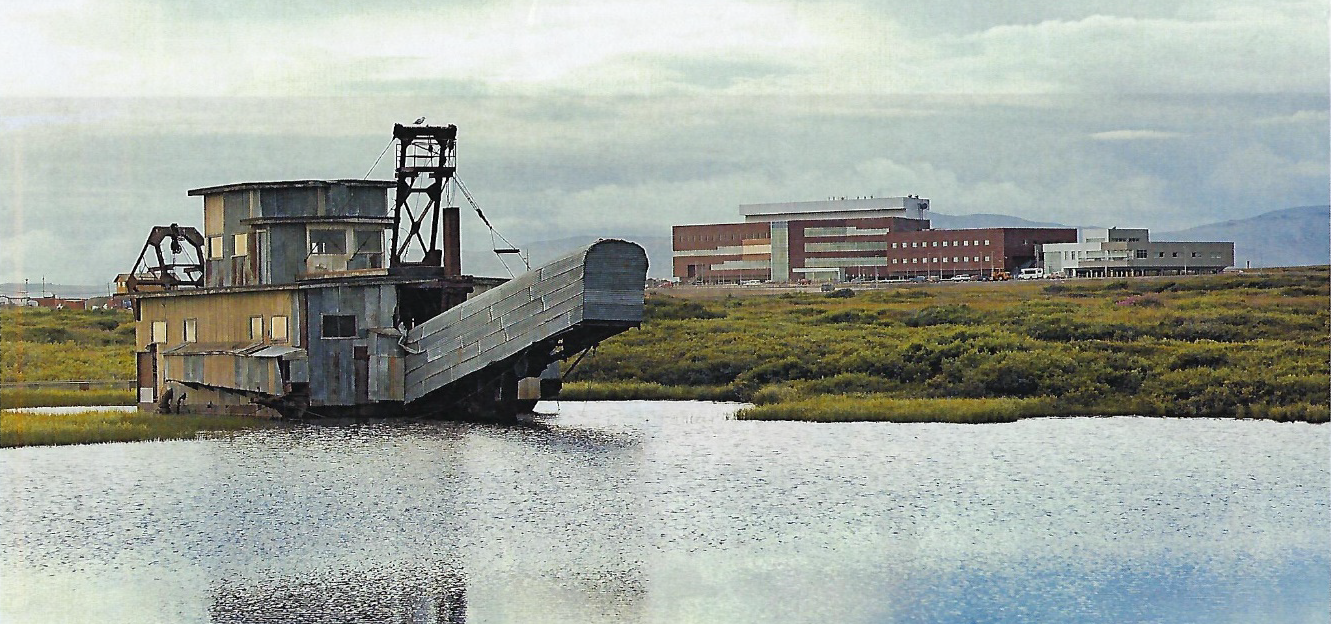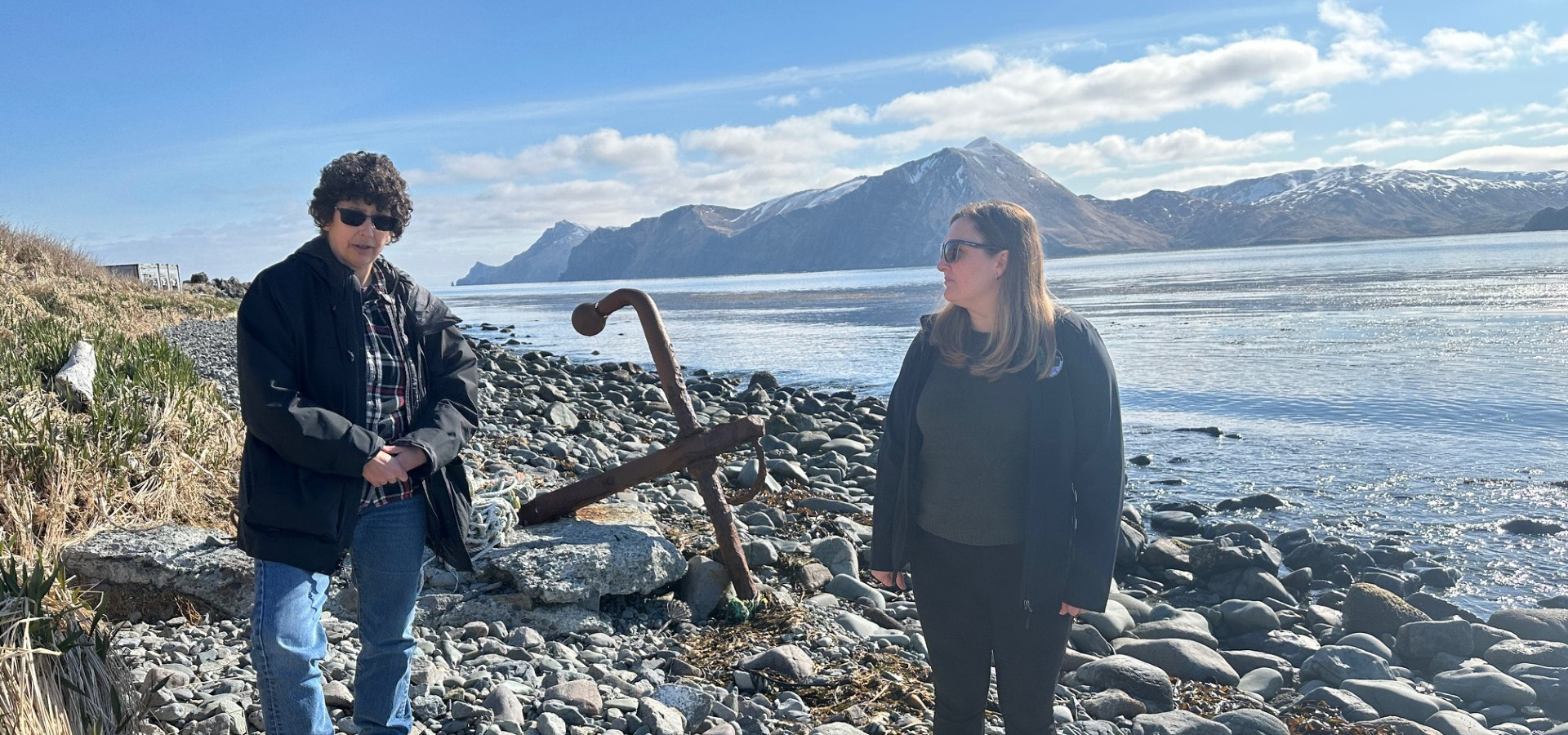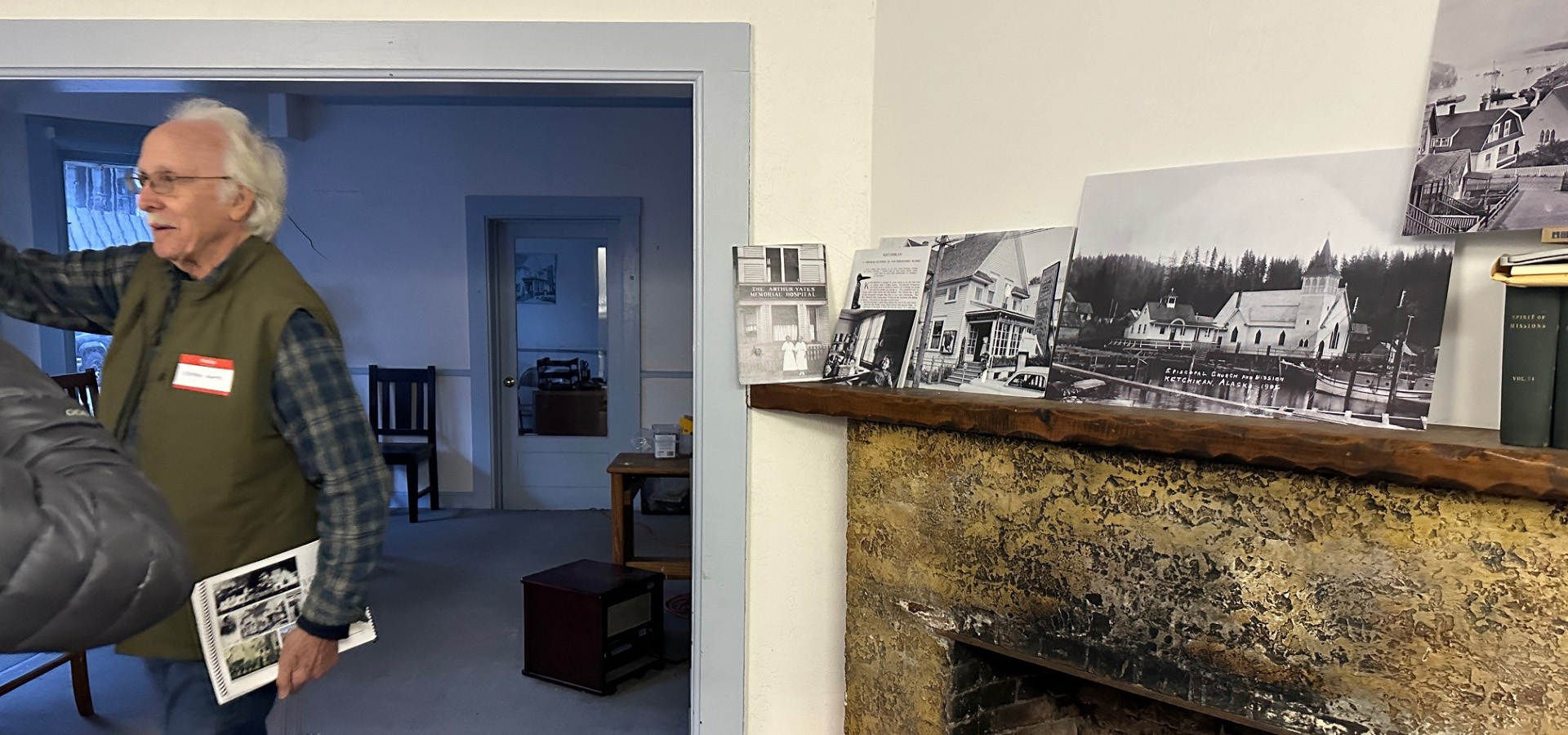Certified Local Government Program
Historic Preservation at the Local Level
Preservation activity often occurs first at the local level; therefore, your local community is the best to identify and protect its resources. Preservation at the local level can effectively preserve links to a community's past, highlight its special character, create economic benefits, and establish sustainable development practices. The Office of History and Archaeology (OHA) administers the Certified Local Government (CLG) program in Alaska. Through this program OHA assists local governments as they write historic preservation ordinances and plans, conduct surveys, develop context statements, create local designation guidelines and procedures, identify economic incentives, train preservation commissions, and promote significant local properties. Learn more about Alaska's 15 CLGs.
What is a Certified Local Government?
The National Historic Preservation Act of 1966 established a federal and state partnership when it created a national preservation program. In 1980 the CLG program was added to include local governments in the program. The intention was to promote cooperation and coordination with the state Historic Preservation Office, and to provide financial and technical assistance for local preservation programs.
For details on the CLG program, visit Certified Local Governments (U.S. National Park Service) (nps.gov).
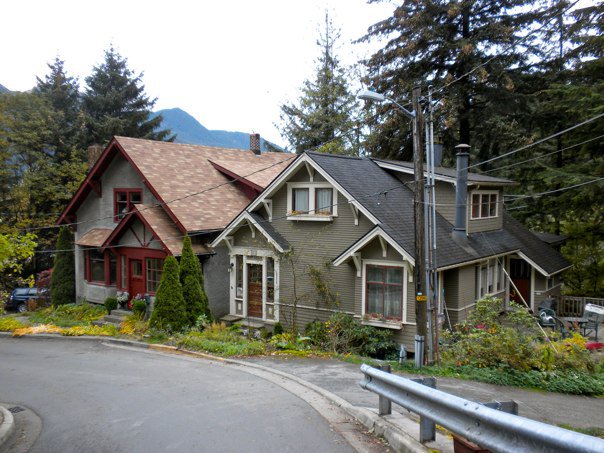
Why become a Certified Local Government?
So, why should your community become a CLG? Once certified, a local government becomes eligible:
- To apply for federal Historic Preservation Funds only available to CLGs.
- To participate directly in National Register of Historic Places program by reviewing and commenting on local nominations prior to the Alaska Historical Commission review.
- For technical assistance, including workshops, conferences and travel grants to attend national preservation conferences.
To become certified, a local government must meet all the requirements found in 36 CFR 61 and the Alaska CLG Guidelines established by the Alaska State Historic Preservation Office. As a CLG your community can help create an effective preservation partnership of local, tribal, state, and federal governments. Learn more about how to become a CLG.

